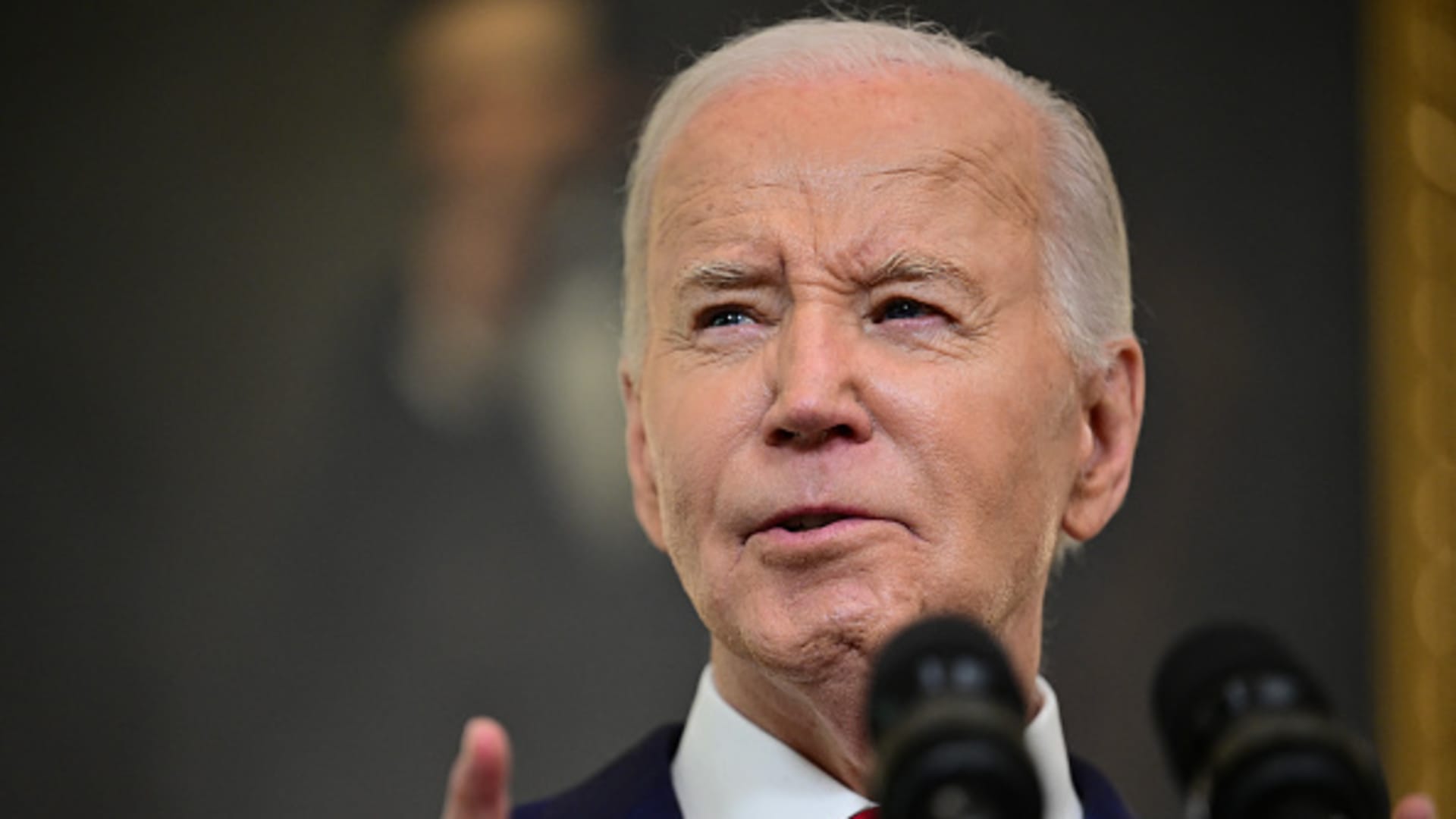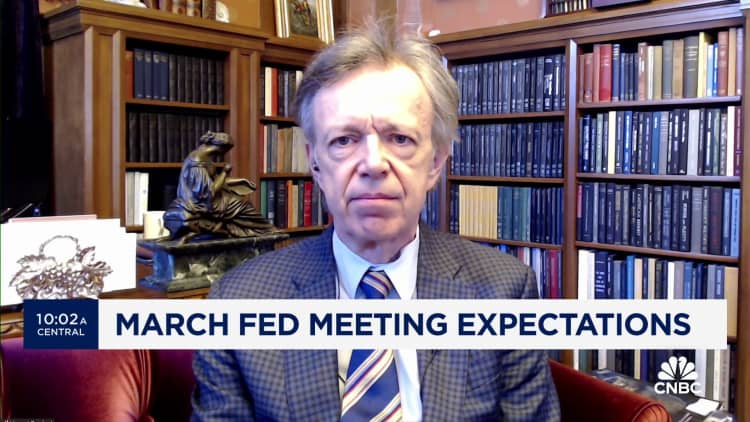One of the most senior prosecutors in the September 11, 2001 case is resigning, citing the pressure his repeated trips to Guantanamo Bay placed on him and his family.
The prosecutor, Edward R. Ryan, is a Justice Department lawyer who was part of a team of civilian and military prosecutors who have been trying for 15 years to bring the case against Khalid Shaikh Mohammed and four other prisoners accused of participating in the hijackings to be in which several people died, almost 3,000 people in New York, in Pennsylvania and in the Pentagon.
Mr Ryan’s decision was seen as a sign that the case would not go to trial any time soon.
He represented the government at Guantánamo detainees’ first court appearance in 2008 and has attended nearly all preliminary hearings since then.
On Wednesday, Mr. Ryan emailed family members of the attack victims that he was leaving “with a heavy heart” to return to North Carolina, where he worked as a federal prosecutor before his deployment to Guantanamo.
“The challenges that come with time and trying to work so far from home have just become too difficult for me and my extended family,” he said.
The case has been stuck in preliminary negotiations over what evidence would be admissible in the national security trial, which is expected to last more than a year when it finally begins.
The defendants were held in the CIA’s secret foreign prison network, known as “black sites,” from 2003 to 2006, complicating efforts to get past the pretrial phase. A key question is whether the defendants at Guantanamo confessed voluntarily after years of being sleep-deprived, held in solitary confinement and interrogated using force, including waterboarding.
For more than a decade, Mr. Ryan, 62, had close contact with the 9/11 families, both at hearings at Guantanamo and at private meetings that prosecutors held regularly in Massachusetts, New York and Florida.
“Knowing all this, I’m sad to see him go,” said Kathleen Vigiano, whose husband, Joseph Vigiano, a New York police detective, and brother-in-law, John Vigiano Jr., a New York firefighter, were both killed at the World Trade Center .
At Guantanamo, Mr. Ryan silently slipped into the back row at news conferences in a dilapidated hangar on the grounds of the Camp Justice court-martial, wiping away tears as family members spoke of loved ones killed in the attack and frustration over the long wait for a trial.
It was a commuter job to a commuter courtroom. When he wasn’t at Guantanamo or at home in North Carolina, he worked at the chief military prosecutor’s headquarters in Virginia, not far from the Pentagon.
Mr. Ryan often argued in court that the defendants continued to readily brag about their roles in the attacks long after their CIA custody ended.
When defense attorneys discovered that some FBI agents had become secret agents of the black site program, Mr. Ryan defended the agreement as part of a whole-of-government response to the worst attack on U.S. soil in American history.
Mr. Ryan’s argument of voluntary self-incrimination failed in Guantanamo’s other capital case over the Oct. 12, 2000, bombing of the Navy destroyer Cole off Yemen. A judge rejected the defendant’s confession, ruling that his will to resist ” “came intentionally and literally from him years ago “was beaten out” by US government agents. Prosecutors are appealing.
Preliminary hearings in the September 11 case will continue next week without Mr. Ryan. In his email to the families, he said it was an honor to represent them and the U.S. government, despite “the great sadness and frustration that we as a team and all of you have felt over the terrible delays that have occurred.” have plagued us.”
Now only two of the original eight prosecutors remain on the case: Clayton G. Trivett Jr., who began prosecuting cases at Guantanamo as a Navy attorney, and Jeffrey D. Groharing, who began as a Navy attorney. Both now serve as civilians.
“We at the District Attorney’s Office,” Mr. Ryan wrote, “have done everything within the bounds of our duty to bring the case to a proper resolution.” I have great confidence that the team will continue the fight and bring justice to you and our nation becomes.”
Source link
2024-02-08 18:12:19
www.nytimes.com













